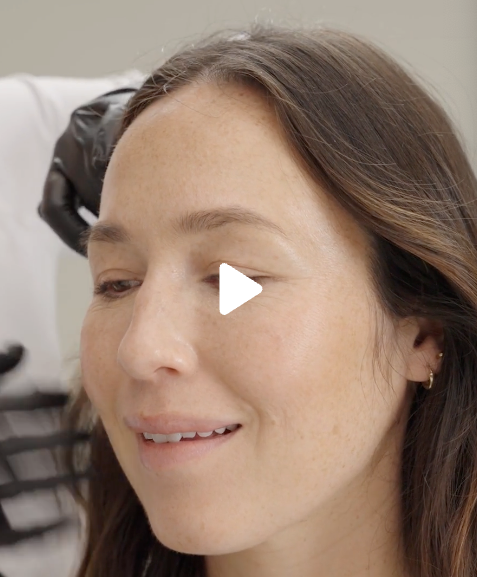
Telogen effluvium is a common form of hair loss characterized by widespread thinning of the hair, typically triggered by a significant stressor. This condition can affect anyone but is particularly prevalent among individuals who have recently experienced physical or emotional stress. In this article, we will delve into the causes and symptoms of telogen effluvium, as well as discuss the most effective management strategies and treatments, including the innovative use of Platelet-Rich Plasma (PRP) therapy.
What Causes Telogen Effluvium?
Telogen effluvium occurs when an abrupt event pushes more hairs than usual from the growing phase (anagen) into the resting phase (telogen) of the hair growth cycle. After about three months in the telogen phase, these hairs begin to fall out. Common triggers include:
- Severe Stress: Significant life stress, such as the loss of a loved one, major surgery, or severe illness, can lead to telogen effluvium.
- Hormonal Changes: Changes in hormone levels due to pregnancy, menopause, or thyroid problems are also common triggers.
- Nutritional Deficiencies: Lacking essential nutrients such as iron, protein, and vitamins can contribute to hair loss.
- Certain Medications: Some medications, including antidepressants, beta-blockers, and nonsteroidal anti-inflammatory drugs (NSAIDs), can provoke this condition.
Symptoms of Telogen Effluvium
The primary symptom of telogen effluvium is an increase in hair shedding. This shedding is usually temporary and appears more diffuse across the scalp rather than as bald patches. Other symptoms might include:
- Thinning of Hair: Noticeable thinning when styling hair or more hair accumulating on the pillow, in the shower drain, or on a hairbrush.
- Widespread Hair Loss: Unlike pattern baldness, telogen effluvium results in a uniform hair thinning that is not confined to specific areas of the scalp.
Managing and Treating Telogen Effluvium with PRP
The good news is that telogen effluvium is generally reversible, and hair growth can return to normal once the triggering factor is addressed. Here are some effective management strategies, including the promising approach of PRP therapy:
- Addressing the Root Cause: Identifying and mitigating the underlying stressor or health issue is crucial. This may involve adjusting medication, improving diet, or managing stress more effectively.
- Nutritional Support: Ensuring a diet rich in vitamins and minerals supports hair health. Supplements like biotin, zinc, and iron can also be beneficial, but should be taken under medical advice.
- Gentle Hair Care: Opt for gentle hair care practices to avoid further stress on the hair. Avoid tight hairstyles, harsh chemical treatments, and excessive heat styling.
- PRP Therapy: Platelet-Rich Plasma (PRP) therapy has shown great promise in treating hair loss conditions like telogen effluvium. By injecting a concentration of platelets derived from your own blood into the scalp, PRP works to stimulate the hair follicles and promote new hair growth. This treatment is especially effective as it uses the body’s natural healing mechanisms to strengthen the hair follicles and enhance hair density.
At Great Many, we provide personalized consultations to understand the specific needs of each client and recommend tailored treatment plans that may include PRP therapy.
Reviewed By Medical Advisor
This article has been reviewed by Great Many Medical Advisor and Dermatologist, Dr. Joyce Imahiyerobo-Ip, MD, FAAD
At Great Many, we demystify hair growth by providing our customers with factual and accessible information. All of our articles are reviewed and approved by medical experts, so that you know you are getting insights that you can trust.


